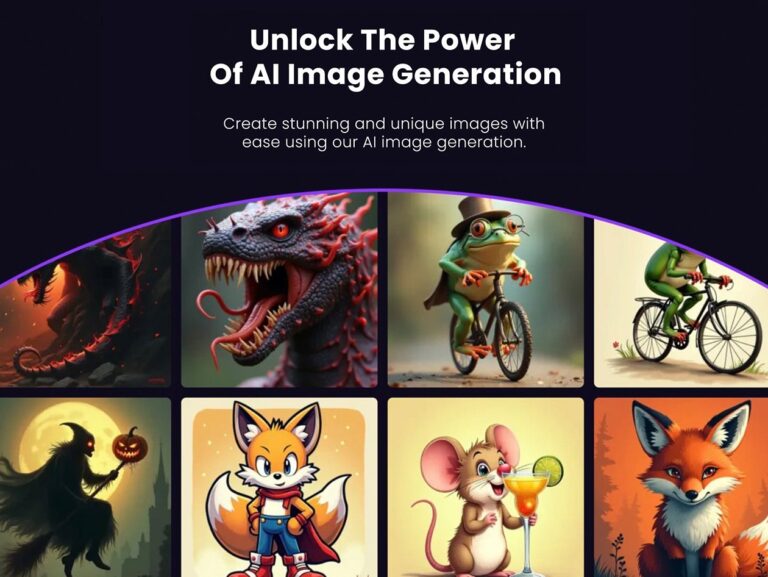

What sets Tulu’s AI apart from other chatbot or hospital engagement tools in the market?
Unlike traditional healthcare chatbots that are reactive and often limited to static, scripted responses, Tulu Health’s AI agents function as proactive, intelligent care coaches. They don’t just respond to queries—they guide patients step-by-step through their care journey, from booking appointments to managing discharge plans. These agents are context-aware, deeply embedded within hospital systems, and capable of handling operational workflows like follow-ups, medication orders, and pre-op prep. What we’re building goes beyond a chatbot—it’s an adaptive digital infrastructure that evolves with patient needs and delivers measurable value to both hospitals and individuals.
How do you ensure the accuracy, security, and compliance of your AI agents, especially when dealing with sensitive health data?
Trust is the foundation of everything we do at Tulu Health. Our AI agents are designed for non-diagnostic, high-volume tasks supporting patients with guidance, not medical advice. They rely on evidence-based protocols and are trained on curated, clinically validated datasets to avoid misinformation or hallucinations.
On the infrastructure side, we operate on a secure, compliant architecture with strict access controls, encrypted data handling, and detailed audit trails. We take a zero-compromise approach to security, ensuring our platform aligns with the highest standards of patient privacy and regulatory compliance. For us, accuracy and safety aren’t features—they’re non-negotiables.
Tell us about the AI Agent Platform recently launched. You’ve already onboarded seven organisations. What has the response been like from your hospital partners?
The response has been incredibly encouraging. One of the most consistent pain points we heard was that over 98 per cent of patients visiting hospital websites were dropping off before engaging meaningfully. With Tulu’s AI Agent Platform, we’re closing that gap.
Our agents don’t just assist—they build trust, guide patients, and enable smoother transitions into actual care. Hospitals now see more patients follow through with appointments, procedures, and treatment plans, often above industry conversion benchmarks. Most importantly, they’re witnessing clear ROI within weeks. It’s not just a tech upgrade; it’s a tangible transformation in how care is initiated and sustained.
Tulu Health is onboarding major institutions like AIIMS, GTB, and LNJP. What are some of the challenges and opportunities when working with public health institutions?
Public institutions offer tremendous scale and impact, but the journey isn’t without challenges. Integration with legacy systems and fragmented workflows takes time and close collaboration. Budget constraints are another hurdle, even as these institutions remain eager to innovate. We believe there’s a pressing need for greater public and private funding to support this digital shift—especially in hospitals that serve large, under-resourced populations.
That said, the opportunity is immense. These institutions cater to thousands of patients daily, and Tulu can make a real difference by streamlining engagement, reducing operational burden, and supporting frontline staff with intelligent assistance—all while staying aligned with their mission of equitable care.
How do you see the evolution of Agentic AI transforming the Indian healthcare space in the next 2–3 years?
Agentic AI will shift healthcare from being transactional to continuous. Today, you seek care only when you’re sick. In the near future, intelligent agents will proactively remind you to take medication, interpret diagnostics, flag warning signs, and follow up after discharge—all autonomously.
In a country like India, where doctor-patient ratios are stretched, this will be a game-changer. AI agents won’t replace doctors—they’ll extend their capacity. We believe India is uniquely positioned to lead this shift at a population scale, showcasing how AI can enable inclusive, scalable, and always-on care.
What’s your broader vision for Tulu Health? What problem do you ultimately want to solve?
Our vision is to build a personalised care coach for every individual, making healthcare as accessible, intuitive, and continuous as a single click. Today’s system is fragmented—patients navigate it alone, while providers are overwhelmed, and critical data remains siloed.
We’re reimagining this with AI agents that unify people, data, and care journeys, creating a seamless experience that works in real time. Whether you’re booking a test, managing recovery, or seeking insurance clarity, care should come to you, in your language, on your platform, and on your terms. That’s the world we’re building—a world where care is proactive, personal, and always within reach.
What’s the vision behind combining healthtech and fintech? How critical is financial accessibility to the future of digital health?
India has one of the highest out-of-pocket healthcare expenditures globally, with individuals bearing over 55 per cent of the total health spending. As a result, more than 60 million Indians are pushed into poverty each year due to medical expenses. Healthcare here isn’t just a clinical issue — it’s a financial one. In fact, it’s the leading cause of bankruptcy in the country. That’s why at Tulu, we don’t treat financial accessibility as an add-on — it’s foundational. We’ve integrated fintech into our healthcare experience so that when you’re booking a surgery, you instantly see what your insurance covers, what subsidies apply, and how you can finance the rest, all without leaving the interface. From diagnostics to medications, patients can move forward without upfront payments or friction. Our belief is simple: you can’t solve health without solving affordability. By bridging care and cost in one seamless journey, we’re making healthcare truly inclusive and accessible for all.





